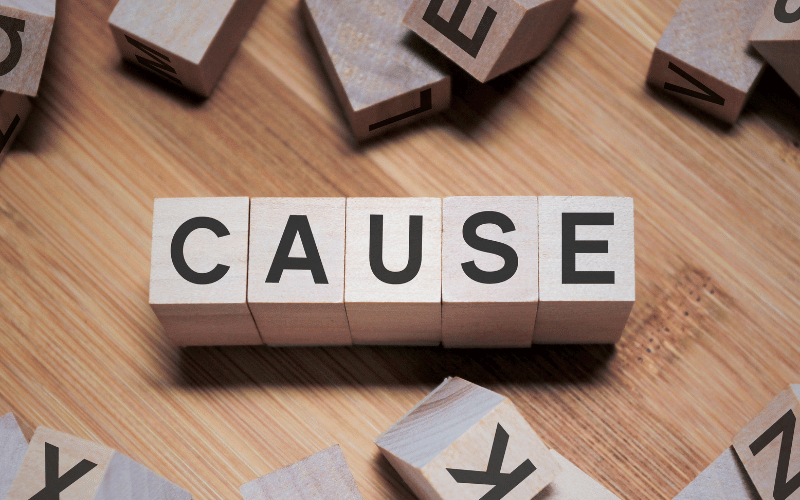3. Root Causes: It’s Not Just Infection

Bacterial and viral infections often hog the limelight as the main culprits behind parotitis. Yet, let’s unravel some overlooked causes. Autoimmune disorders and even certain medications can contribute to parotitis. For example, drugs used to treat high blood pressure can sometimes trigger symptoms.
If you’ve heard of Sjögren’s syndrome, you might be interested to know it’s an autoimmune disorder that can cause parotitis. This disorder affects the glands that produce moisture in your body, including the parotid glands. It’s a classic example of how the immune system can mistakenly attack healthy cells, leading to inflammation.
Another neglected factor is dehydration. Poor hydration can lead to thicker saliva, causing blockages in the parotid gland. It seems like a minor issue, but it can pave the way for more severe problems, including bacterial infections, down the line.
Exposure to toxic substances can also lead to parotitis. Industrial chemicals, heavy metals, and even excessive alcohol consumption can irritate the parotid glands. Given that the glands are involved in saliva production, toxins can have a more immediate and disruptive impact here. (3)